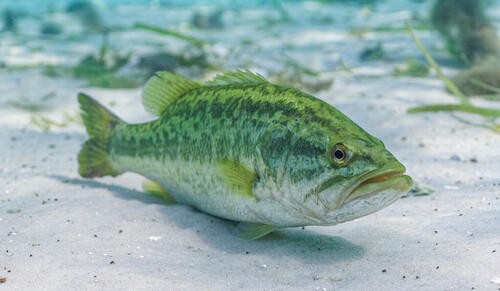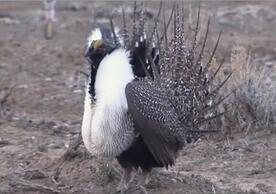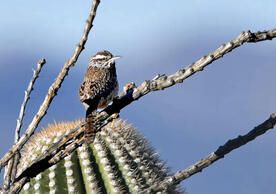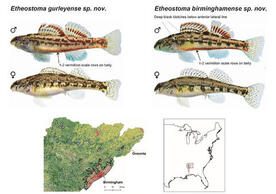
A new study by Yale ichthyologists provides a clearer picture of species diversity among black basses — one of the most cherished and economically important lineages of freshwater gamefish. Their findings can help guide the conservation and management of bass species that are both prized by anglers across the globe and ranked among the world’s most invasive organisms. For the study, published June 6 in the journal Scientific Reports, researchers used genomic analysis to more accurately delineate the places of 19 black bass species in the tree of life. Importantly, the analysis revealed that two popular species — the largemouth bass and Florida bass — have been misclassified over the past 75 years. The scientific names Micropterus salmoides and Micropterus floridanus have been incorrectly applied to the largemouth bass and Florida bass, respectively.
The researchers concluded that Micropterus salmoides is the accurate scientific name for the Florida bass while the largemouth bass should be reclassified as Micropterus nigricans, the oldest available scientific name for largemouth bass. This is important because both the largemouth bass and Florida bass have been introduced in 57 countries on every continent except Antarctica under the misapplied scientific name Micropterus salmoides, meaning introductions were made to support fisheries without knowing the precise species, explained lead author Daemin Kim, a graduate student in Yale’s Department of Ecology & Evolutionary Biology. Kim coauthored the study with YIBS Affiliated Faculty member, Thomas Near, Professor of Ecology and Evolutionary Biology in Yale’s Faculty of Arts and Sciences, and Andrew Taylor of the University of Central Oklahoma. For more information, please click here for an article published by Yale News.



